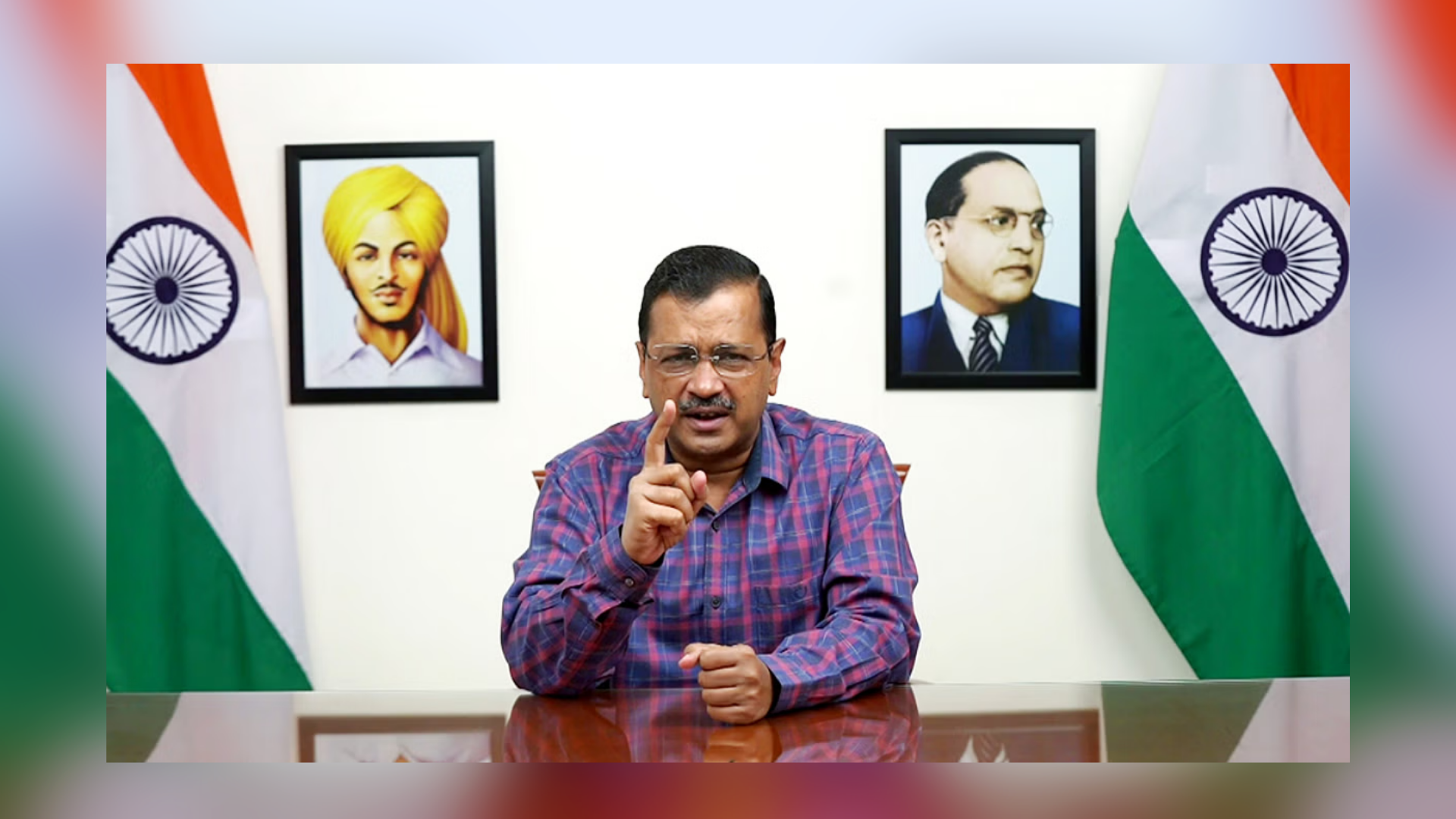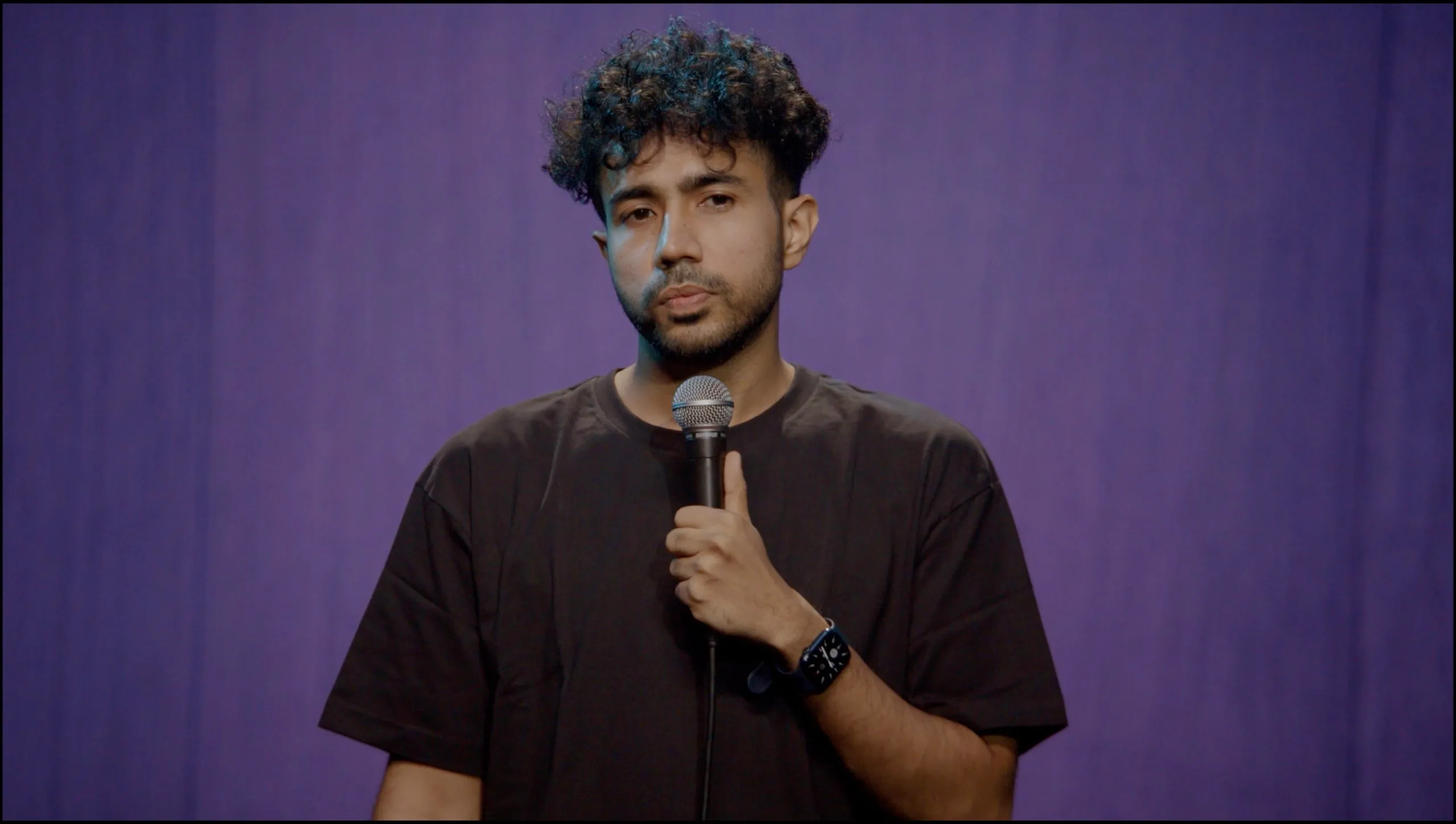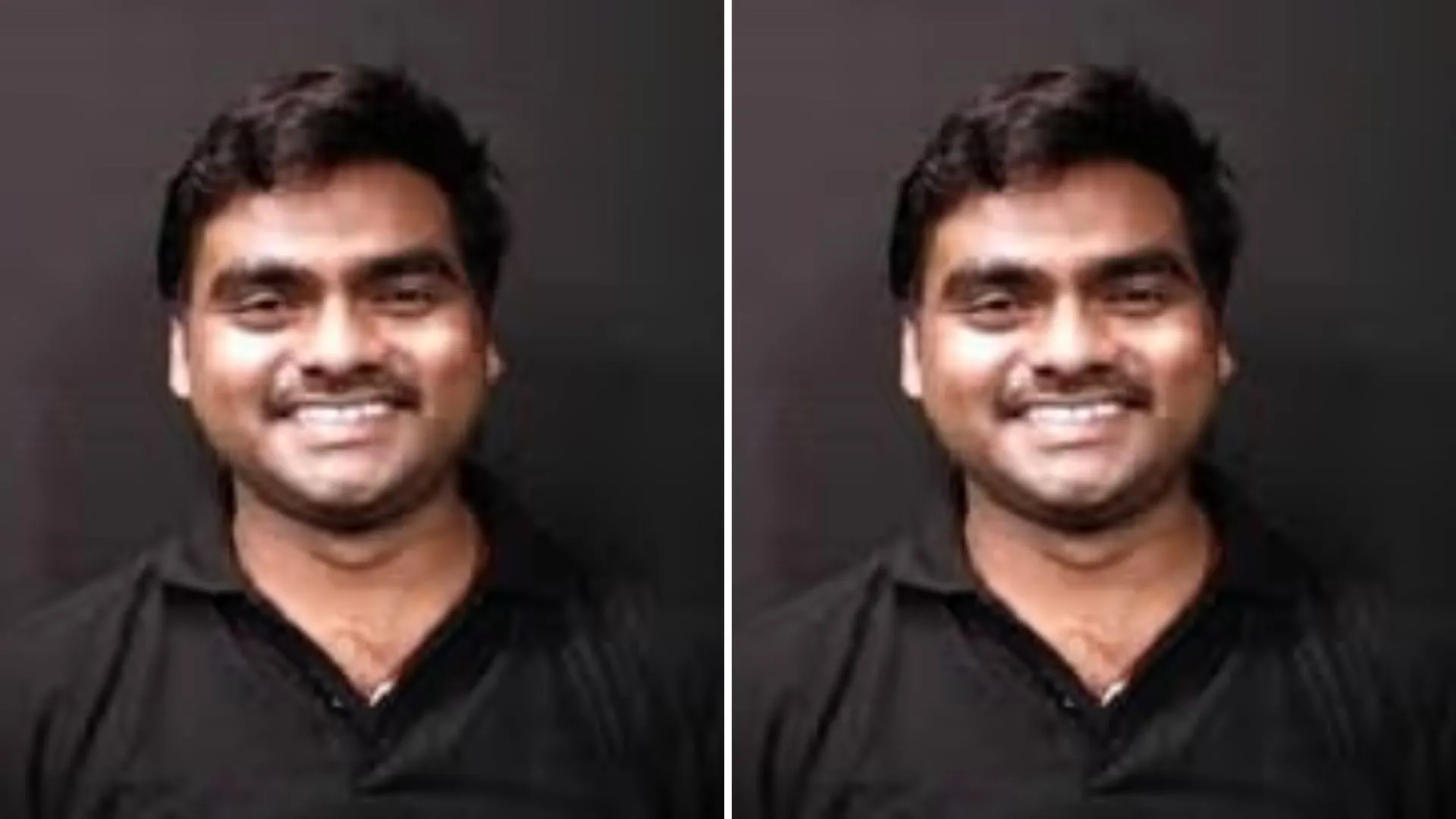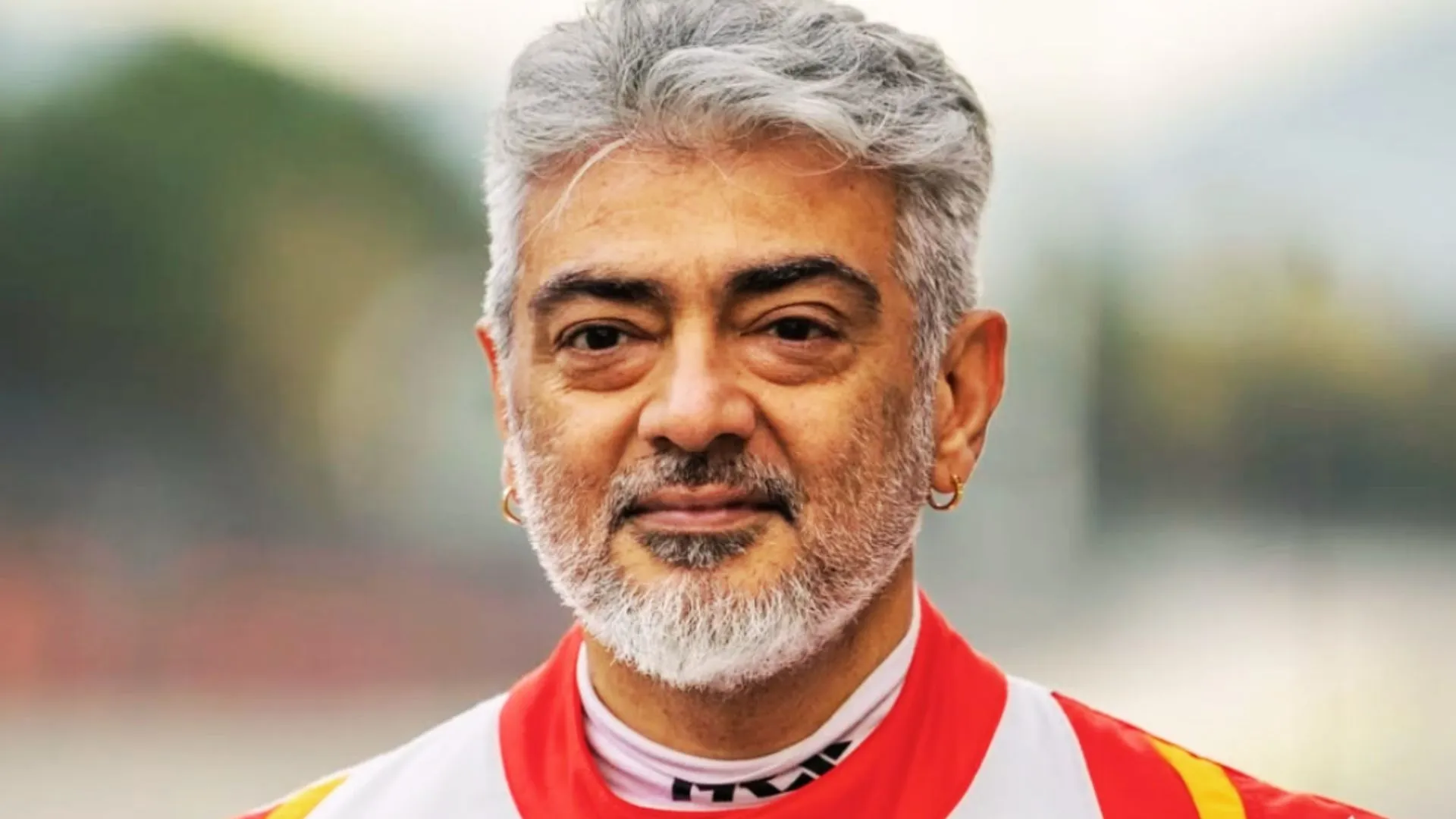The Delhi High Court rejected Chief Minister Arvind Kejriwal’s petition contesting his arrest by the Enforcement Directorate in the Excise Policy money laundering case. AAP sources, cited by the news agency, indicated that Kejriwal intends to appeal to the Supreme Court against the High Court’s ruling. They added that the AAP Convenor might approach the Supreme Court as early as tomorrow.
“Aam Aadmi Party does not agree with the decision of the Delhi High Court. Kejriwal will go to the Supreme Court against HC’s decision. Kejriwal can go to the Supreme Court tomorrow itself,” news agency ANI said quoting AAP sources.
On Tuesday, the Delhi High Court dismissed Arvind Kejriwal’s petition contesting his arrest in a money laundering case related to the alleged excise scam, citing no violation of legal provisions. Additionally, Kejriwal, presently held in judicial custody at Tihar jail, had contested his subsequent remand in Enforcement Directorate’s custody, which the court deemed as lawful.
Justice Swarana Kanta Sharma stated that the Enforcement Directorate possessed “enough material” that resulted in Arvind Kejriwal’s arrest, and the trial court’s decision to remand him into the agency’s custody was based on a well-founded order.
“The court is of the view that the arrest of Arvind Kejriwal was not in contravention of legal provisions. The remand can’t be held to be illegal,” said Justice Sharma while delivering the verdict.
The court clarified that it was not addressing Kejriwal’s bail request but his writ petition contesting the arrest on specific grounds. It underscored the principle of equal application of the law to all individuals and emphasized the judiciary’s focus on constitutional morality rather than political considerations. This reference apparently alluded to Kejriwal and his AAP’s assertion that his arrest was aimed at disrupting his party’s campaign for the Lok Sabha elections.
“This court observed that political considerations and equations cannot be brought before a court of law as they are not relevant for legal proceedings. In the case at hand, it is important to clarify that the matter before this court is not a conflict between the central government and petitioner Kejriwal. Instead it is a case between Kejriwal and Directorate of Enforcement,” Justice Sharma said.
The court stated that the statements provided by approvers against the AAP national convenor would be assessed during the trial, as it cannot conduct a mini trial at this juncture. It further mentioned that Kejriwal would have the opportunity to cross-examine the approvers during the trial phase.
The case revolves around allegations of corruption and money laundering in the development and implementation of the Delhi government’s excise policy for 2021-22, which was subsequently annulled.























